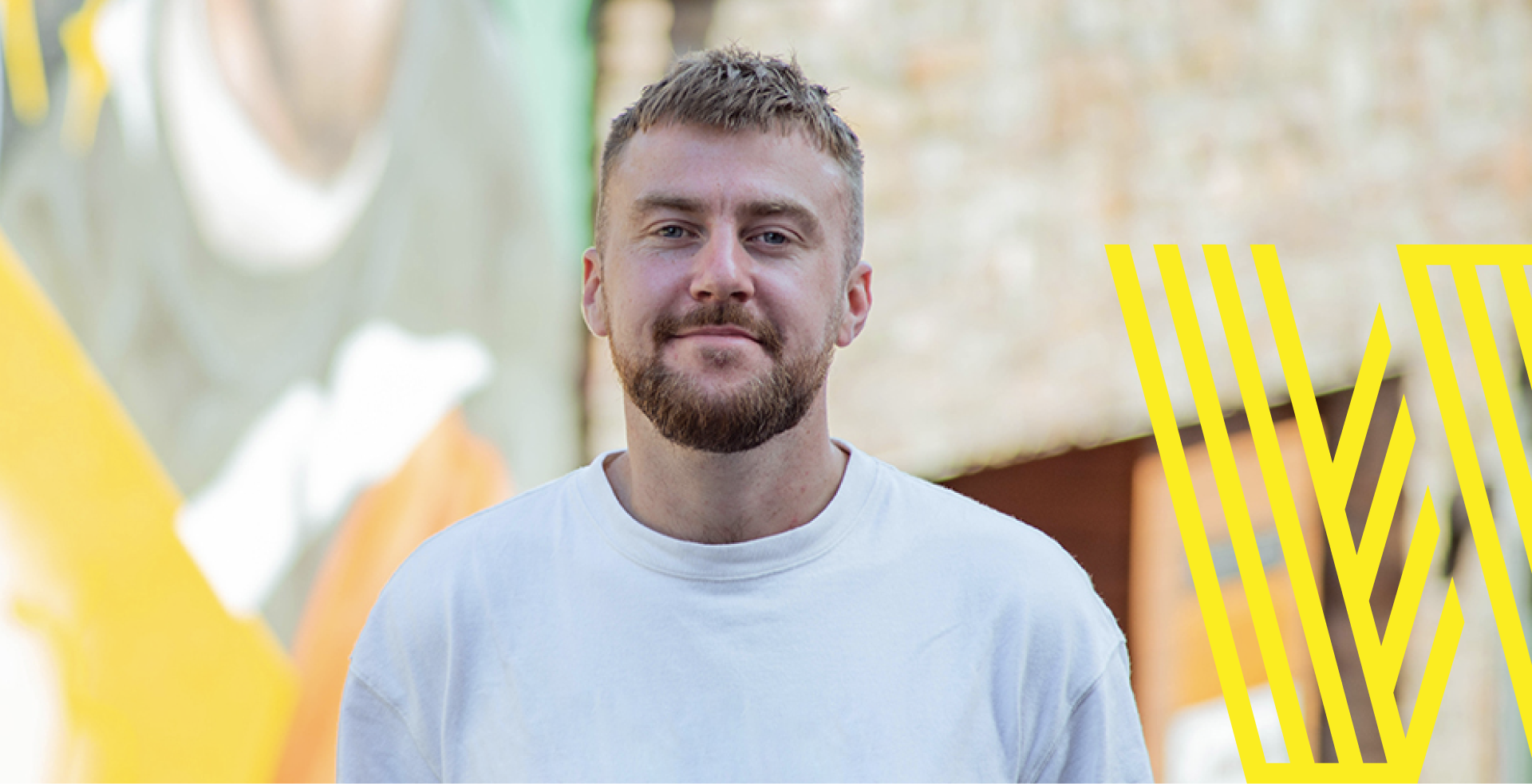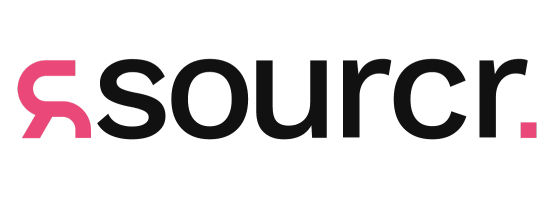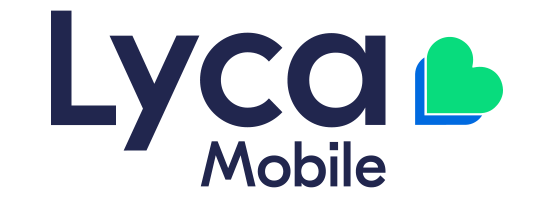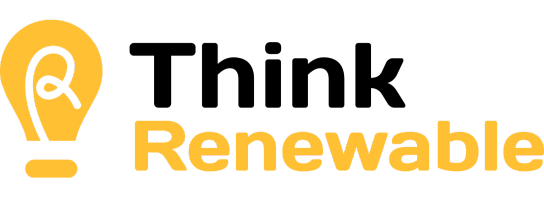Let's talk 02 8320 0683
Navigating Career Change: Tips and Strategies for Successfully Making a Pivot
Changing careers can seem daunting, but it might just be the best move you ever make. Whether you're transitioning to a new industry or making a switch within your current field, we’re here to provide you with practical guidance on how to make a career change with confidence.
Do your research
When you’re thinking about making a career change, a good place to start is to look at your options and where you might want to go. What’s the next exciting career move for you?
Identify potential industries
The first step is to take a look at the different industries out there. There are many, so to narrow it down, ask yourself a few questions: is there an industry you’ve always wanted to work in? Did you have a dream job as a child? Choose three industries you’re interested in and go from there.
Research different roles
Do a bit of research on the different roles in one of your chosen industries and see which ones speak to you. If one of the industries you’re interested in is marketing, for example, there’ll be roles for copywriters, social media ad experts, designers, strategic planners, and many more.
Ask about a ‘day in the life’
Once you’ve got a few different roles pinned down, it’s time to do just a little bit more digging. Do you know someone who has a role like that? Is there a job ad for this role you can examine? Find out what tasks are required of someone in this role and what kind of skills are necessary to succeed.
Take stock of your inventory
Now that you’ve got an idea of what industry you’d like to move into, let’s focus on you. What are your strengths? What are your current skills? What motivates you?
Your strengths
Think about what positive feedback you tend to receive from others, including family, friends, colleagues, and employers. What do people say about you? It doesn’t need to be related to a professional setting—after all, many interpersonal skills like empathy and kindness are great traits to have in a workplace!
Your motivation
What makes you jump out of bed in the morning? Is it sharing your thoughts and opinions? Is it engaging in physical activity? Is it cooking a hearty breakfast? Again, it doesn’t need to be work-related; it’s about getting to know yourself better.
Your productivity
Think about a typical day for you. What tasks do you love doing? What times of the day are you most productive? Is there a work or home project you’ve been excited about recently? When you write down the answers to these kinds of questions, you’ll soon see a bigger picture start to form.
Your skills
The skills you currently have might turn out to be useful in many different industries. Think about what you’re great at in your career and in your personal life. For example, if you’re an Excel expert or a grammar guru, you’ll find these skills extremely transferable between different roles.
Craft your credentials
You know your skills and you’ve got a role in mind, so how do you go about making your dream a reality? It’s time to stand out.
Build new skills
If there’s a specific skill set required for your dream role, now’s the time to learn all about it. Do some research for online courses you can take, or check out some helpful YouTube tutorials. Even if you’re not an expert, demonstrating that you’re ready to learn will put you in good stead with a potential employer.
Revamp your CV
You’ll likely need to make a few tweaks to your CV to align it with your chosen role. Focus on your skills instead of your previous work experience, and include any relevant certifications. Take a look at some CV examples online or check out our CV writing guide to help you get started.
Tailor your cover letter
Your CV is your credentials document, but your cover letter is your pitch. It’s time to show your personality, demonstrate how you can add value to your prospective employer’s business and, ultimately, set yourself apart from the competition. We’ve got some great tips for how to write a cover letter here.
Talk to the professionals
Although changing careers can feel overwhelming, you don’t have to go it alone.
If you’re looking for great career change advice, WOW Recruitment is here to help. We take the time to get to know you so we can truly understand your motivations and aspirations.
We help you refresh your CV, tailor your applications, and develop your elevator pitch so you can put your best foot forward when applying for new roles—think of us as your trusty career ally.
The team at our recruitment agency in Sydney can also provide valuable insights into the current job market, plus we can give you access to job opportunities that haven’t even been advertised yet!
We’re in this together. If you’d like to have a chat about changing careers, get in touch with our team today.
An inspiring success story
One of our very own WOWzers, Ashley, made a successful career pivot from the health and fitness industry to the recruitment space. Here’s how she did it.
After having a baby, Ashley decided that it was time for a change. Working in the health and fitness industry meant that she was often starting early in the morning and finishing late into the evening—something she knew wouldn’t work long-term for the lifestyle she wanted to create for herself and her family.
Ashley made sure to do her research before making a decision. She reached out to people in her network who worked in recruitment to gain valuable insights into the industry, and then she took the leap.
Adapting to the role of working mother while learning the ropes of a new corporate environment wasn’t easy—it demanded resilience and effective time management. Juggling networking events in the evening, returning home late, and ensuring a fresh start the next morning for her son required careful balancing, but Ashley’s experience in her previous role helped her to get it right.
The ability to passionately approach challenges and maintain resilience in dynamic and fast-paced environments enabled her to really hit the ground running. Ashley’s people-oriented mindset was also perfect for her new career; she was already familiar with maintaining a sense of curiosity and asking the right questions to seek clarity.
For Ashley, the most rewarding aspect of changing careers has been the opportunity to contribute to the success of a business. Working collaboratively within a team environment has really brought her a sense of fulfilment.
“The growth I've experienced, both individually and as part of a team, has been awesome.”
Ashley is now a successful sales and operations manager at WOW Recruitment.
















